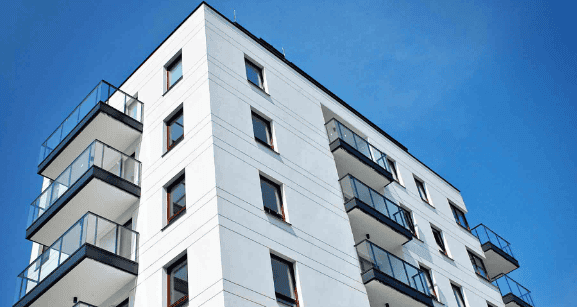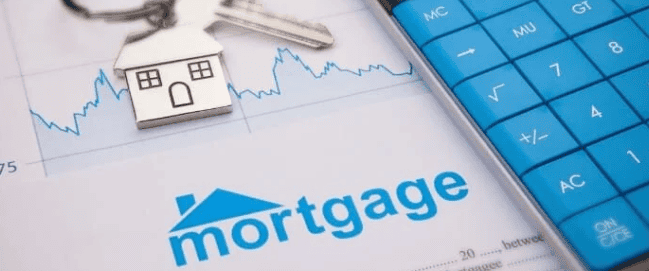Buying a property can be a stressful experience, and it is important that purchasers understand what is involved if they are looking at a leasehold rather than a freehold home.
Leasehold and Freehold: What Is the Difference?
If you are buying a house in England and Wales, the chances are it will be a freehold property. This means you own the whole property and any land on which it is built and are responsible for all the maintenance of it.

A leasehold property, however, is usually a flat in a building containing other properties. Each one has a leasehold on it, and this means that, subject to the terms of the lease, you own the property for a fixed amount of time. The lease may include shared facilities such as entranceways, lifts and communal gardens. Some houses can also be leasehold, which means you don’t own the land on which the property sits.
Legal Implications
A lease is a legal document which is an agreement with the owner of the freehold. It stipulates that when the lease comes to an end, ownership will go back to the freehold owner unless arrangements are made for a lease extension.
To ensure you have understood the terms of a lease correctly and because it is a legal document, you should instruct a conveyancing solicitor. They will check the lease, which sets out the terms in great detail, as it will include what you will be responsible for as the leaseholder. There are many conveyancing solicitors such as https://www.samconveyancing.co.uk/Conveyancing-Solicitors who are experts in checking the details of any lease and advising clients how it will affect them.
If anything is unclear when you read the lease, the conveyancing solicitor will be able to answer the query before contracts are exchanged. Particularly important to understand in detail are any service or maintenance charges the tenant will be liable for.
How Long Does a Lease Last?
The government-funded Leasehold Advisory Service has a wealth of information for leaseholders and recently announced that millions of property owners are set to have increased protection under the new Leasehold and Freehold Reform Bill. This should make it easier for leaseholders to extend their lease when it comes to an end.

Mortgage lenders will specify the minimum lease term they are prepared to lend against, and typically, a lease with a 99-year term or shorter is likely to need extending. Tenants have a legal right to get a lease extension after owning the property for two years, but it is advisable to try and agree to it during the buying process to avoid problems further down the line.
